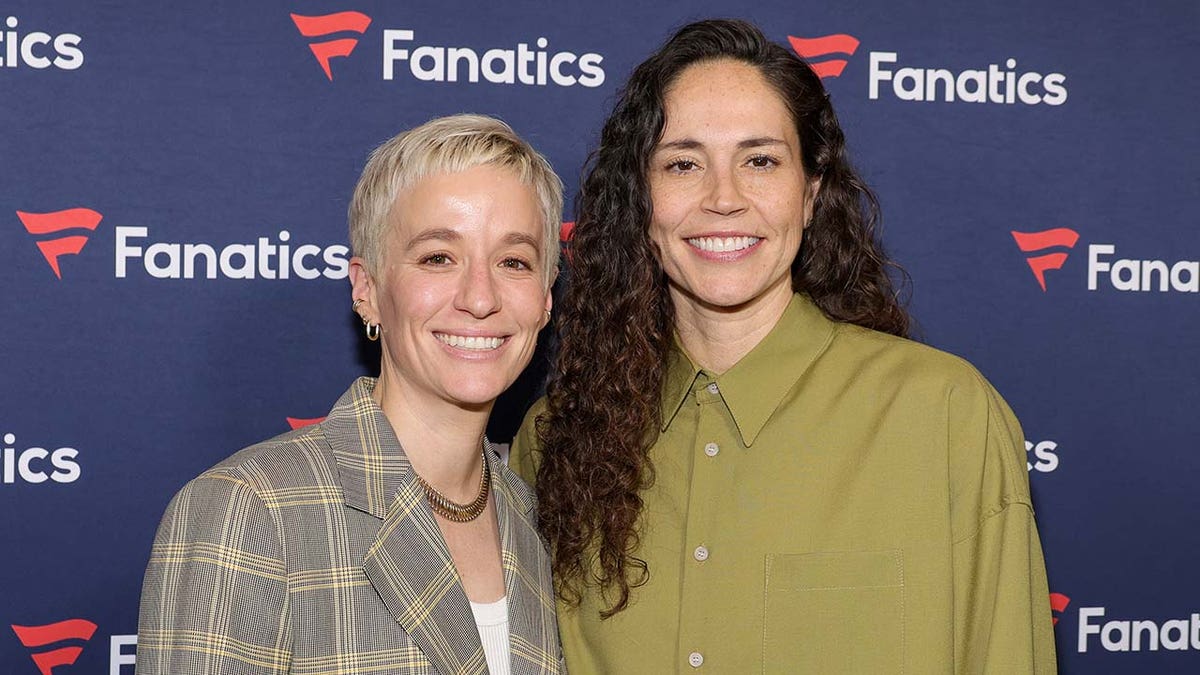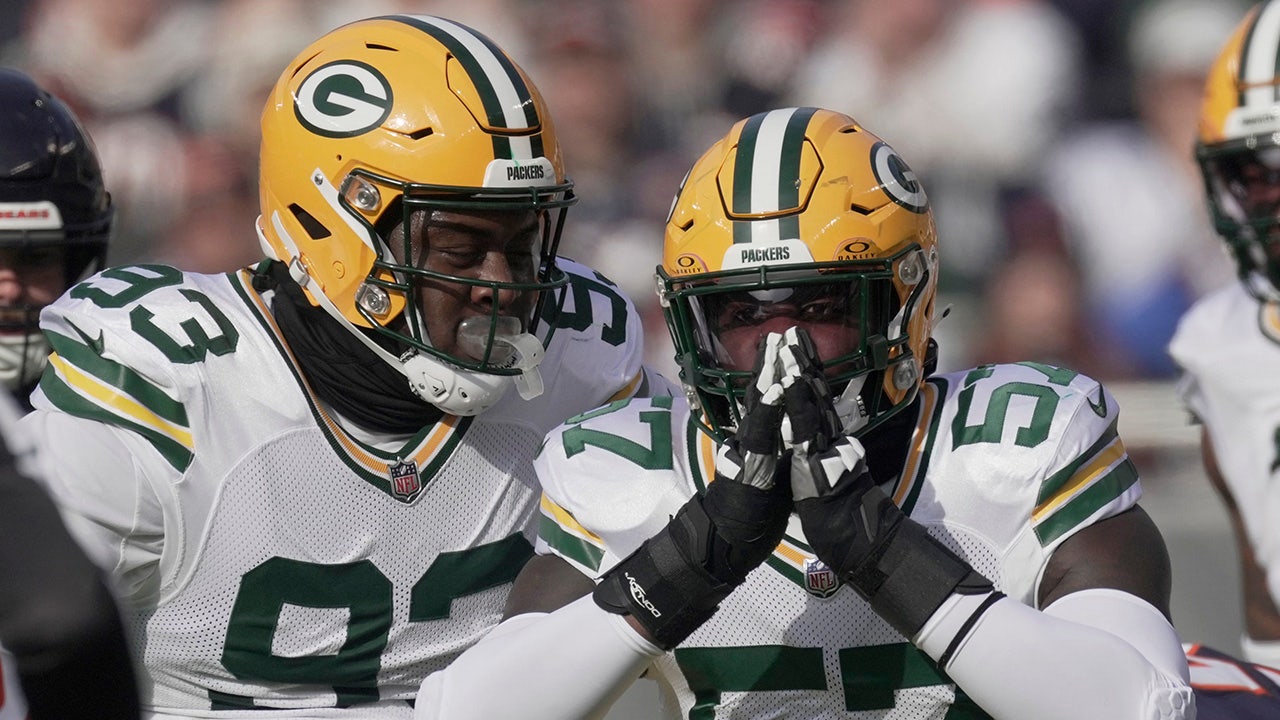On Tuesday night, far-right state Del. Dan Cox won the Maryland gubernatorial primary. He was leading his closest competitor, Kelly Schulz, by 16 percentage points Wednesday night. He’d won the most conservative counties of the state, near the West Virginia border, with more than 60% of the vote. He won generally liberal counties, like Baltimore City and the Washington, D.C., suburbs. Schulz, a former Cabinet officer for the popular GOP Gov. Larry Hogan, is managing to win only two of the state’s 24 jurisdictions.
Cox is wholly unelectable in Maryland, a state President Joe Biden won by 30 percentage points, where liberal college-educated white voters and Black voters are both plentiful. A fierce advocate of former President Donald Trump’s lies about the election, Cox arranged a bus caravan for Trump supporters to attend the Jan. 6, 2021, Washington rally that preceded the attack on the U.S. Capitol. During the attack, Cox tweeted, “Mike Pence is a traitor.”
That’s not all: Cox supported impeaching Hogan over his support for COVID-19 mitigation measures, such as mask mandates. He has at least flirted with the QAnon conspiracy theory movement. He supports gutting Maryland’s gun control laws and heavily restricting abortion rights.
A certain form of punditry will tell you Cox’s victory is the result of Democratic meddling: The Democratic Governors’ Association, wanting to ensure an easy victory in November for the Democratic candidate, spent more than $1 million on ads highlighting these stances ahead of Tuesday’s primary. Democratic groups, especially the DGA, have spent tens of millions of dollars on similar ads aiming to promote similarly unelectable candidates in Colorado, Pennsylvania, Illinois and elsewhere.
These efforts have prompted no small amount of teeth-gnashing. Republicans who have stood up to Trump’s election lies, including Hogan, Sen. Mitt Romney (R-Utah) and Rep. Peter Meijer (R-Mich.), have suggested it shows Democrats are not serious when they call these candidates a threat to democracy.
Other Democrats, often glancing back at Hillary Clinton’s not-so-hidden hopes that Trump would win the GOP presidential primary in 2016, say these efforts are doomed to backfire.
Many of these concerns are legitimate. It’s fully possible a candidate like Doug Mastriano, the Christian nationalist and election denier who won the GOP gubernatorial nomination in Pennsylvania, could win in what looks like a strong year for Republicans. (Polling shows Mastriano trailing Attorney General Josh Shapiro, the Democratic nominee, by surmountable margins.) Some Democratic operatives have suggested the millions spent now would be of more use in November.
There’s also an obvious question about whether it’s ethical to support candidates who threaten democracy in any fashion.
But many of these criticisms ignore a more salient fact: GOP voters want candidates like Mastriano and Cox. The fact that these candidates think the 2020 presidential election was stolen, that they wholeheartedly embrace conspiracy theories, Christian nationalism and unflinching conservative views are features in a GOP primary, not bugs. Otherwise Democratic meddling wouldn’t work.
Furthermore, Republican leaders have stood by candidates who have espoused similar views. House Minority Leader Kevin McCarthy (R-Calif.) declined to kick Rep. Marjorie Taylor Greene (R-Ga.) off of her committee positions. The National Republican Senatorial Committee is set to spend millions this fall boosting the campaign of Nevada Attorney General Adam Laxalt, who sought to overturn Biden’s win in the Silver State.
None of the ads Democrats have aired have hidden their purposes. In the past, Democratic meddling efforts have used anodyne names like “Duty and Country” to hide who was behind the television ads they funded. That hasn’t been the case in 2022: Democratic candidates and groups have aired ads under their own name or otherwise made it clear Democrats are behind the ads.
And most of these ads have been straightforward recitations of the Republican candidates’ stances on the issues. For example, look at the DGA ad boosting Cox. It mentions Trump’s endorsement, Cox’s support for overturning the 2020 election results, his support for gun rights and opposition to abortion rights.
Republicans who opposed Cox, led by Hogan, held press conferences to highlight what the DGA was doing. It did not matter to the state’s Republican voters, who happily ignored their state’s ultra-popular governor. (Here, it is worth noting that Hogan’s fellow ultra-popular East Coast Republican governor, Massachusetts’ Charlie Baker, chose not to run for reelection after it was clear he would lose to a Trump-endorsed challenger in a primary.)
Democrats also noted Hogan hardly seemed totally dedicated to Cox’s defeat, spending time in the weeks leading up to the election campaigning in New Hampshire and meeting donors at a Republican Governors’ Association meeting in Colorado as he readies a potential 2024 presidential run.
A second race in Maryland on Tuesday drives home the clear GOP desire for ultraconservative candidates. Republicans nominated Michael Peroutka, a neo-Confederate activist whose views are even more right-wing than Cox’s, in the race for attorney general. There was no Democratic interference in the race. Peroutka was leading his opponent, moderate former prosecutor Jim Shalleck, by a 16-point margin on Wednesday night, identical to Cox’s lead over Schulz.
Similarly, Mastriano consistently led in polling in the Pennsylvania primary well before any Democratic attempt to put their thumb on the scale. Darren Bailey, the conservative candidate whom Democrats promoted in Illinois’s governor race, did not have a consistent lead ― but ultimately won by 42 percentage points.

Nathan Howard via Getty Images
There are places where Trump-endorsed, election-denying candidates have flopped in primaries, most notably in secretary of state races in Colorado and Georgia. But as The Washington Post’s Aaron Blake notes, both those states have open primaries, allowing independents and even some Democrats to cast ballots. When a closed primary leaves the GOP base to its own devices, there’s little chance of stopping Trump-style Republicans.
Colorado is the state where Democratic efforts saw the biggest flop that could most easily backfire. National Democrats spent roughly $5 million boosting the campaign of state Rep. Ron Hanks, an election denier, while also playing up the moderate credentials of businessman Joe O’Dea. The hope was Republicans would choose the seemingly unelectable Hanks.
Instead, Republicans nominated O’Dea ― meaning Democrats spent significant amounts of cash on ads playing up the GOP candidate’s moderation.
Many attempts to meddle in elections flop: Republicans worked unsuccessfully to promote a progressive House candidate in Kansas in 2018, and Democrats tried to lift the unpopular Kris Kobach in Kansas’ GOP Senate primary in 2020.
At the same time, Democrats owe their bare 50-seat Senate majority to a successful interference campaign in the 2018 West Virginia GOP primary, which enabled Sen. Joe Manchin to squeak out a win against a weaker opponent.
Colorado’s gubernatorial race, however, might provide the best example yet of why some Democratic operatives believe the distinction between Trump-style Republicans and the party’s mainstream is irrelevant. There, Democrats hoped to knock out the supposed moderate candidate, University of Colorado Regent Heidi Ganahl. They failed.
On Monday, Ganahl announced her running mate: a businessman who hosted a conservative leadership event at his home featuring John Eastman, the law professor who helped Trump work to overturn the election, and who had himself called the election “stolen.”
























































